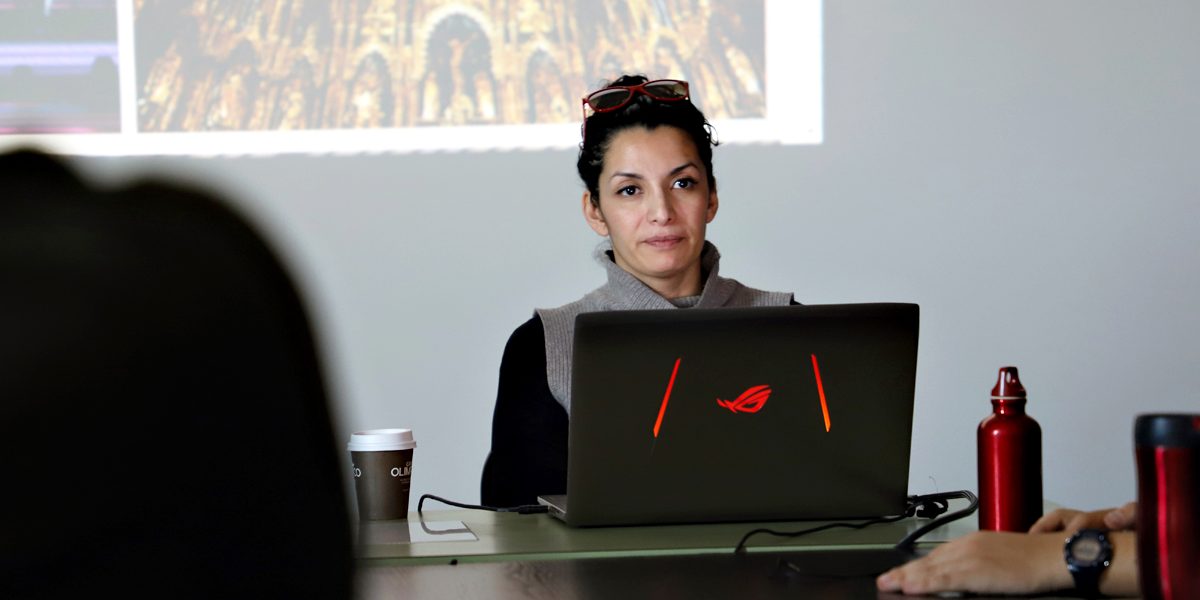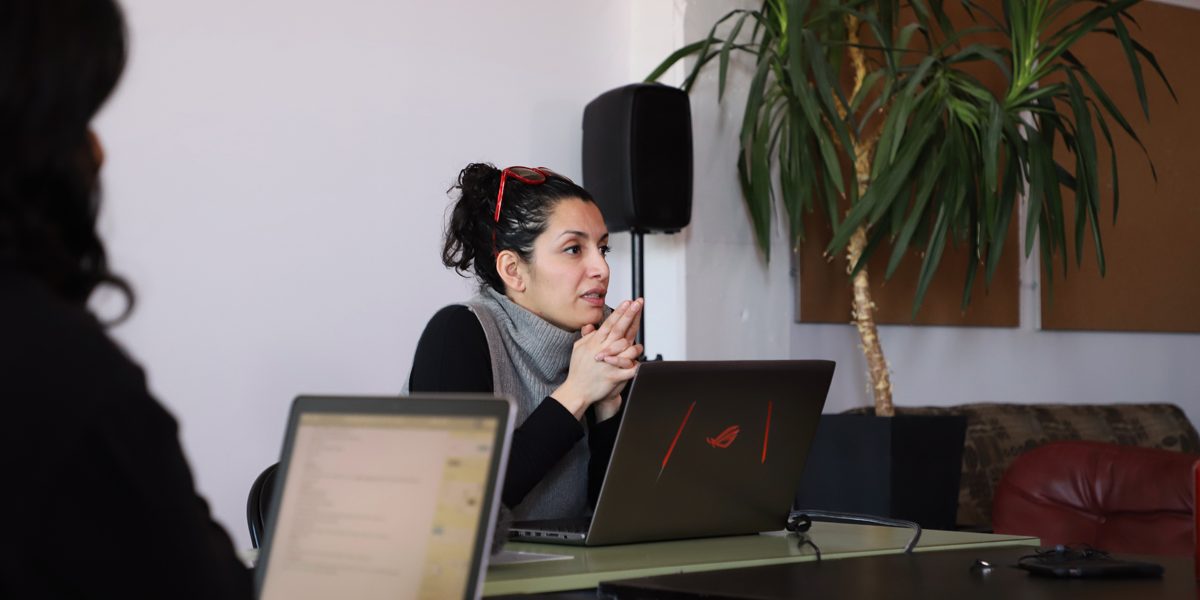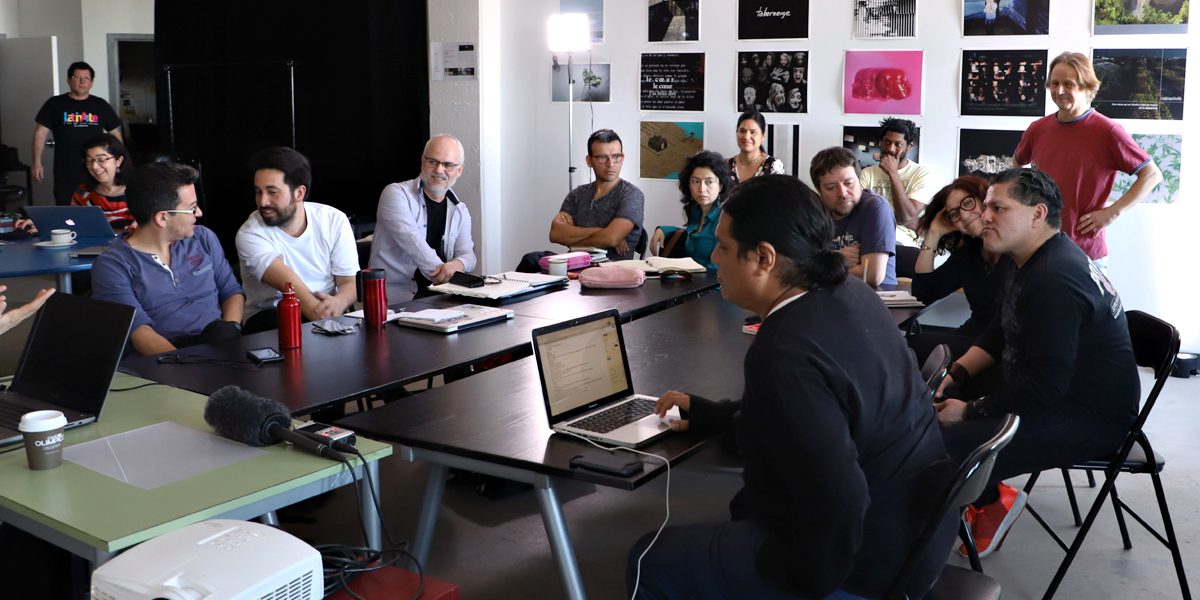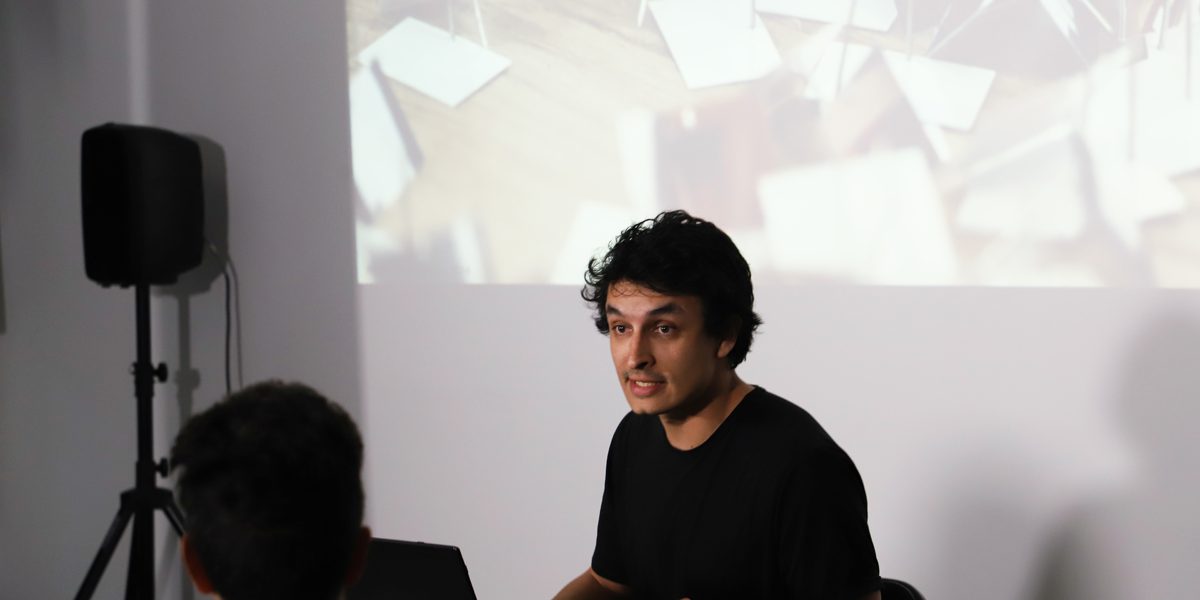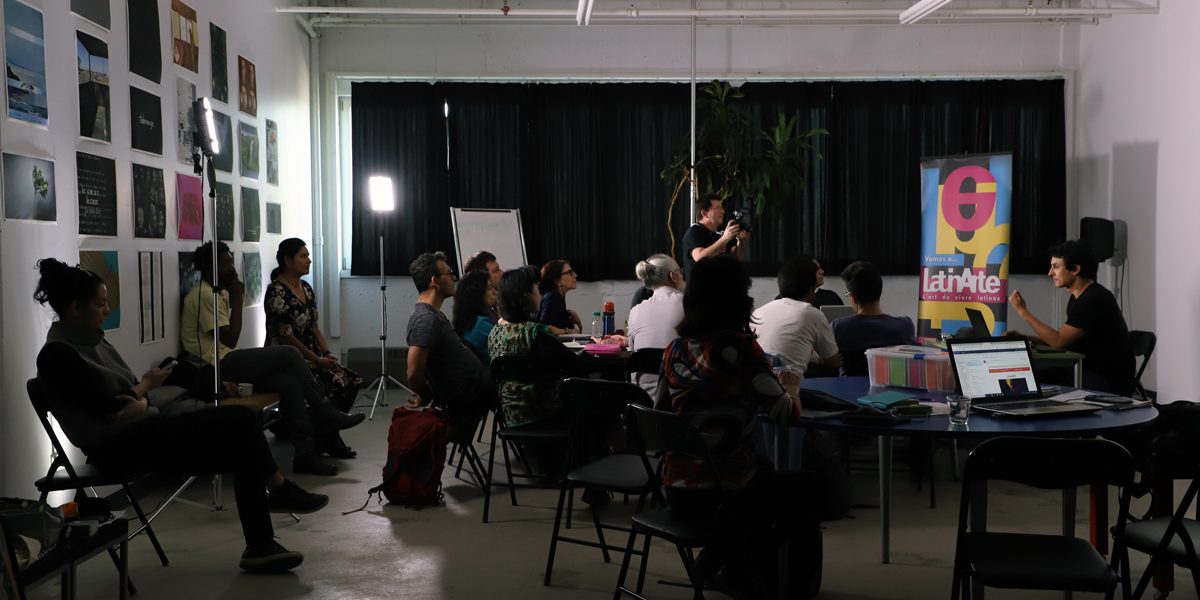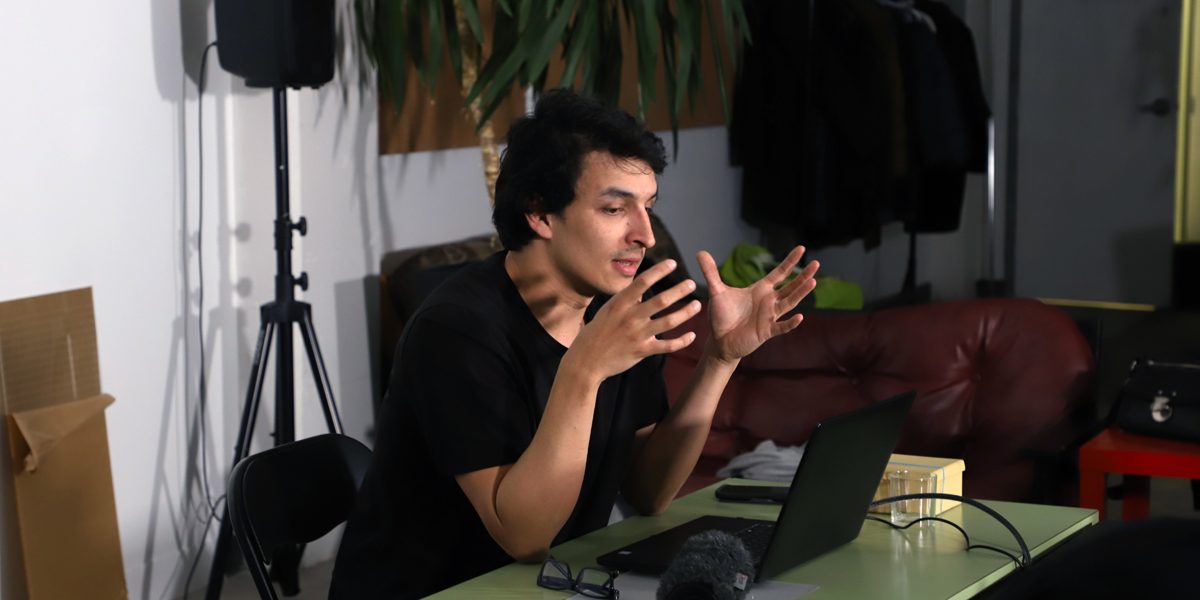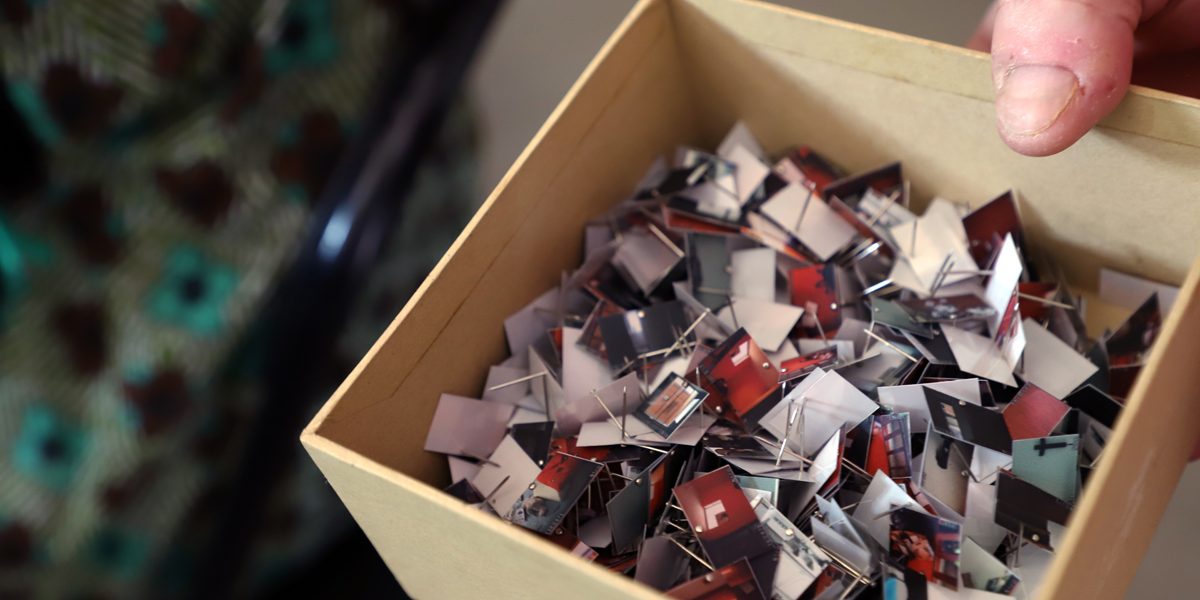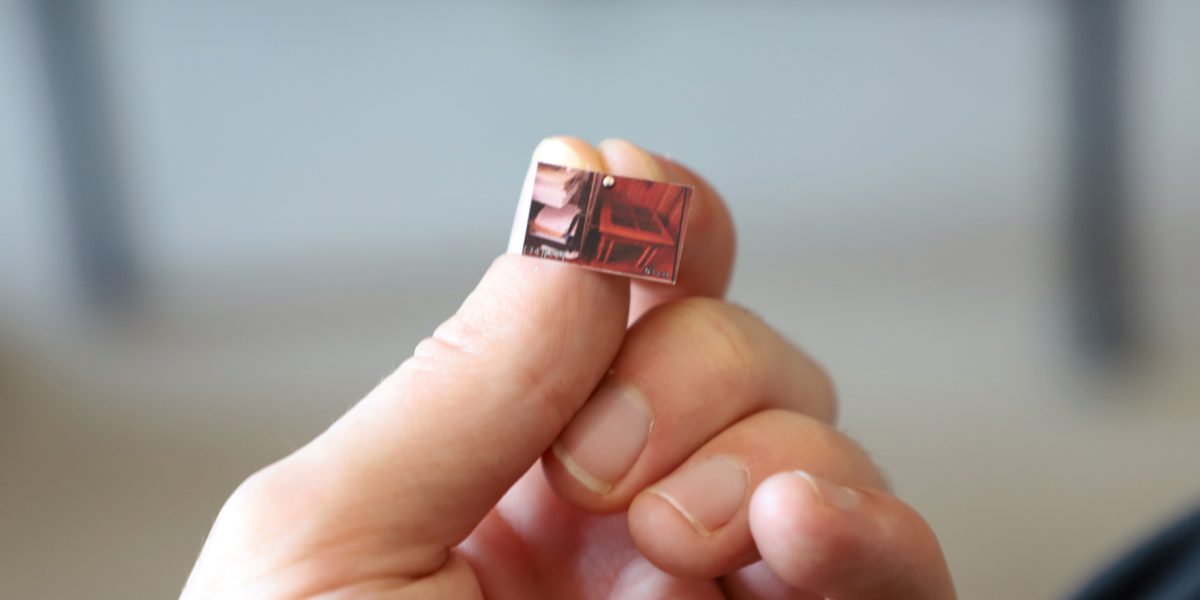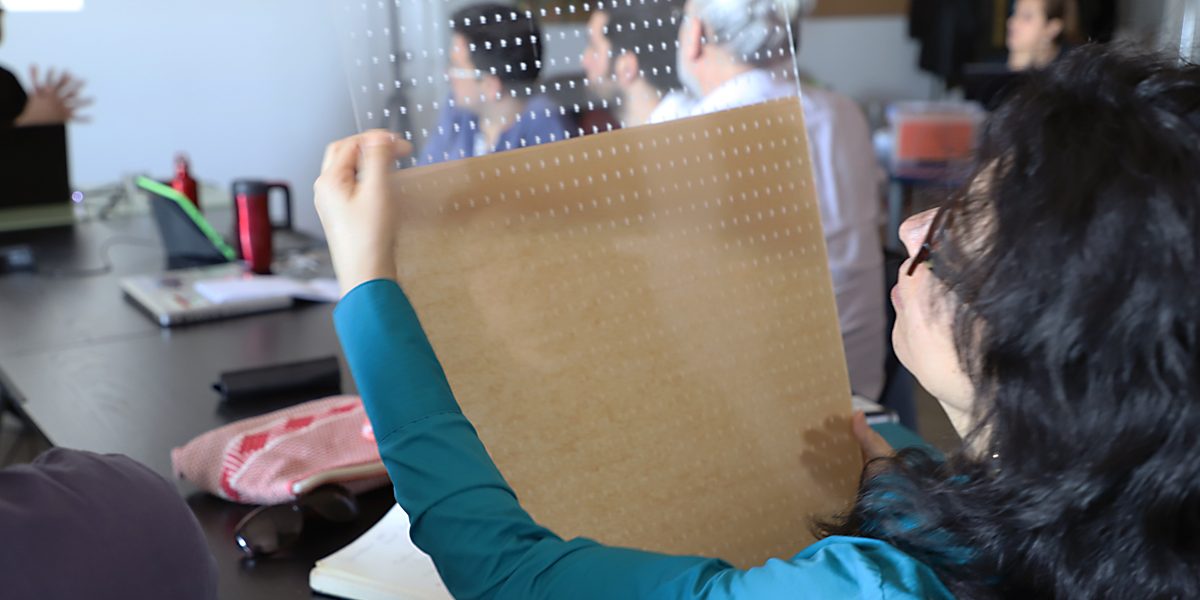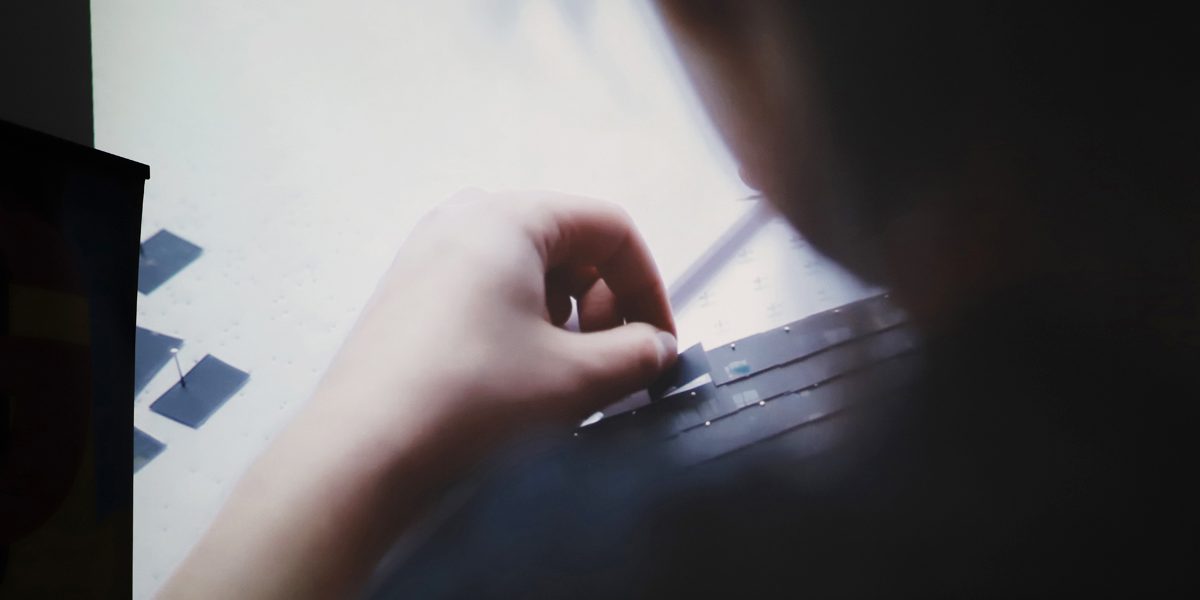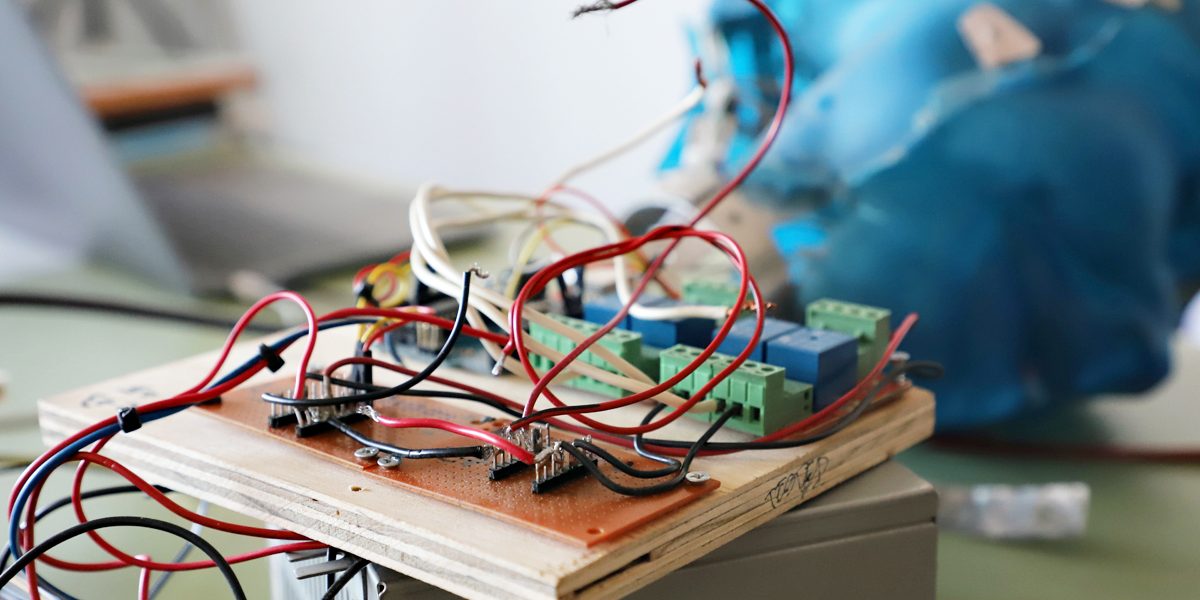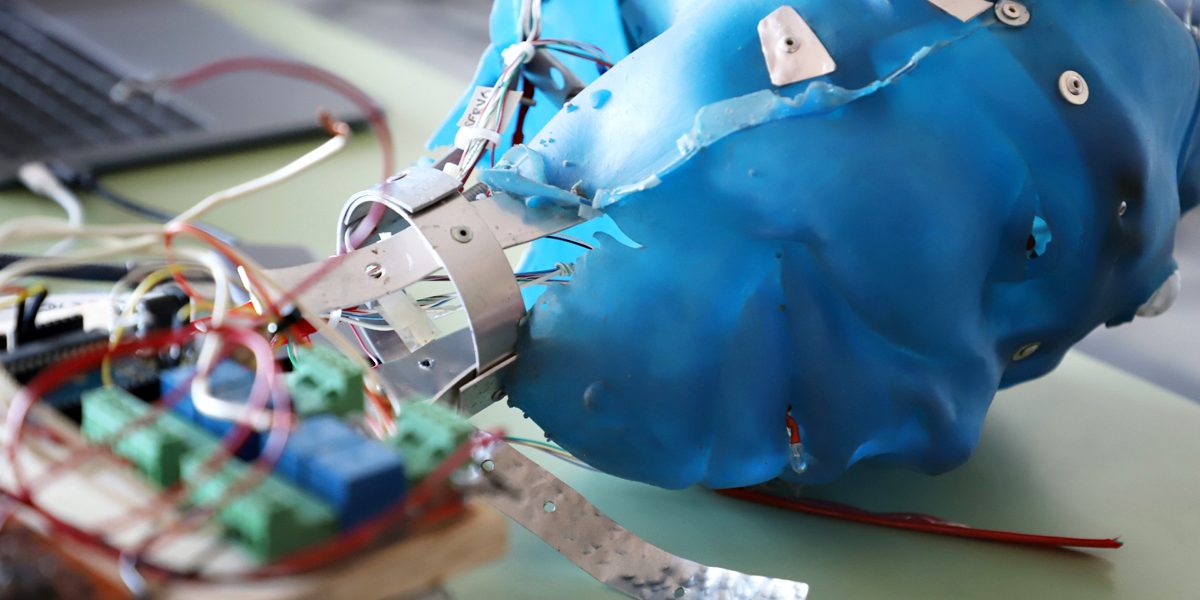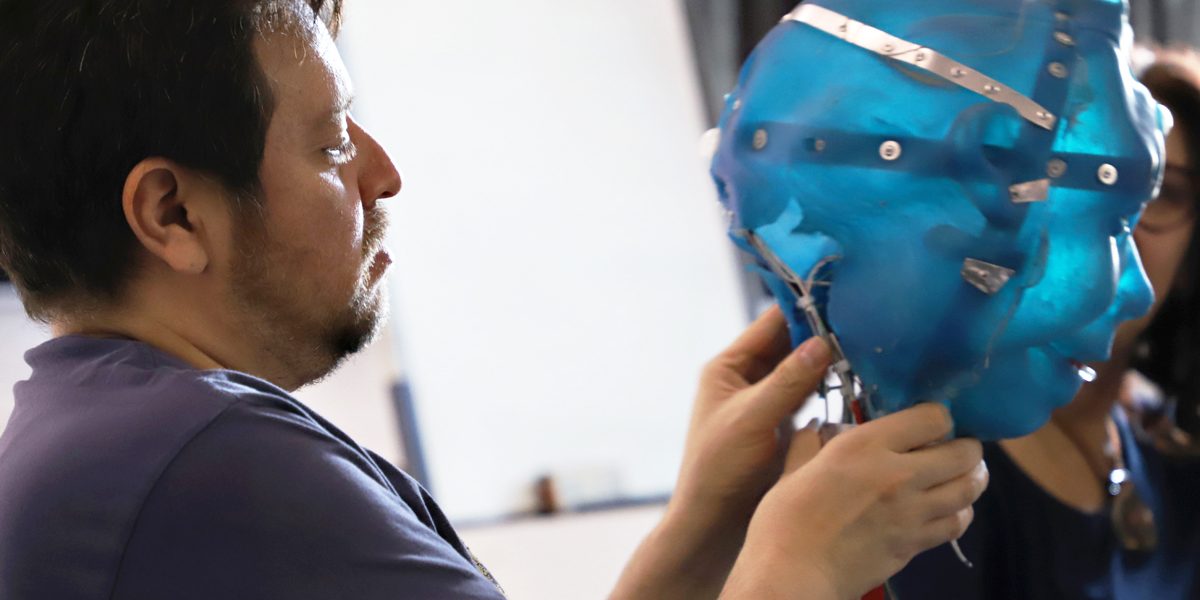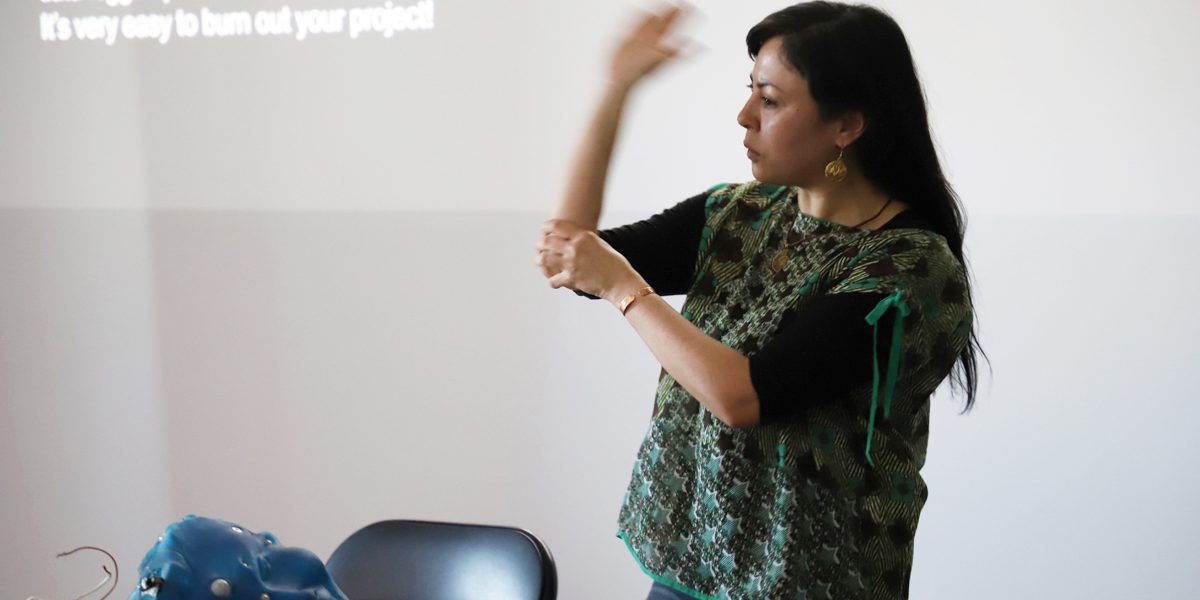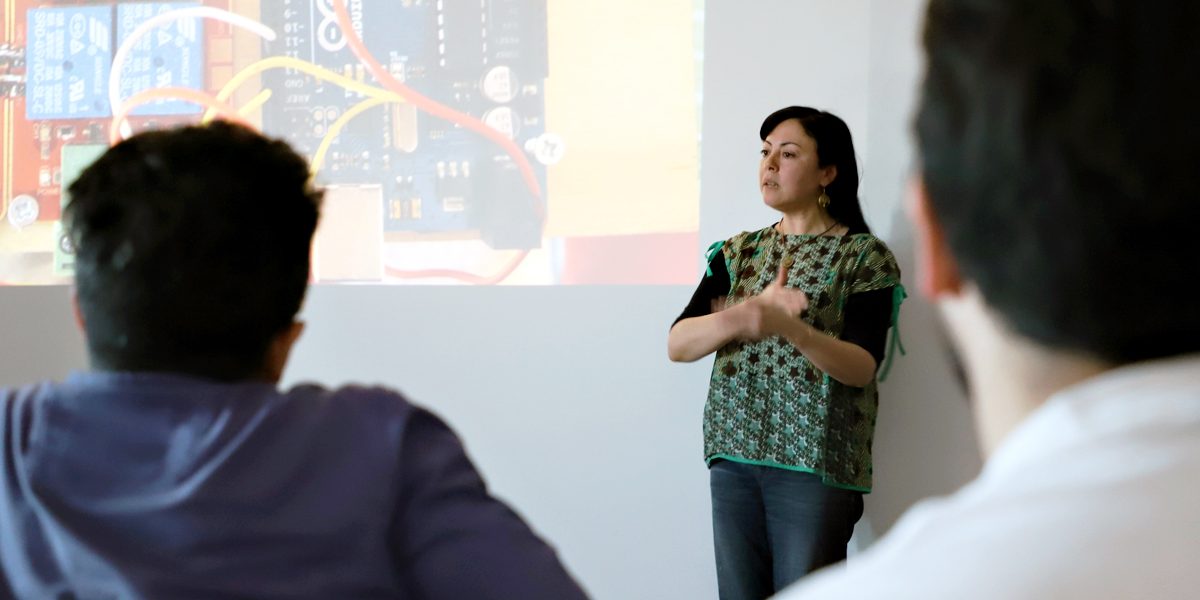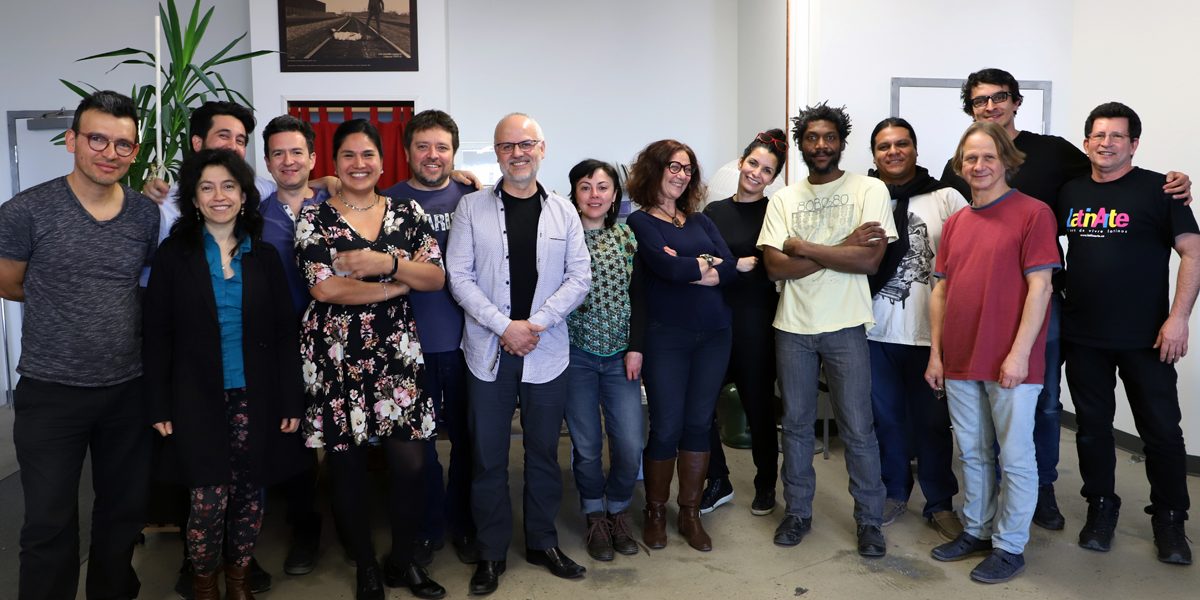Workshop 1
Event and sound creation, by Isabella Salas
As a designer and artistic director, Isabella Salas will present some major cultural projects to which she has contributed, including the Pan Am Games Opening Ceremony, an operatic version of Pink Floyd’s legendary album Another Brick in the Wall and documentaries and works of fiction and his immersive musical project Human Instrument. Through sharing her vast experience, Isabella Salas will address various roles she knows about multiplatform creation.
Objectives and learnings
Challenges of event creation, overview of immersion forms (sound, visual, experiential), human and technical resources management in a collaborative process.
Workshop 2
Digital installation, by Paolo Almario
Paolo Almario will give a presentation of his work methodology based on the case study of his project: a series of kinetic installations where portraits in photomosaic are deconstructed by machines. The artist will give an overview of the socio-political topics and design, production and post-production process of the project.
Objectives and learnings
Creation of installations, choice and integration of technologies in an artistic project, construction of electromechanical devices, strategies of appropriation of the exhibition space.
Workshop 3
Electronics / robotics, by Beatriz Herrera
Beatriz Herrera présentera son expérience autour de divers projets de sculpture électronique. Elle soulèvera des réflexions critiques par rapport aux principaux concepts liés aux usages de la technologie dans l’art. À partir d’une sélection de ses travaux, elle témoignera des enjeux du milieu des arts numériques.
Beatriz Herrera will present her experience around various electronic sculpture projects. She will address critical reflections on the main concepts related to the uses of technology in the art. Based on a selection of her work, she will present the issues of the digital arts community.
Objectives and learnings
Resources and challenges of electronic art, construction of electronic prototypes (arduino, maps, components, suppliers), indispensable resources (reference and websites), create with limited budget, importance and limits of experimentation, role of institutions and artist run centers.

